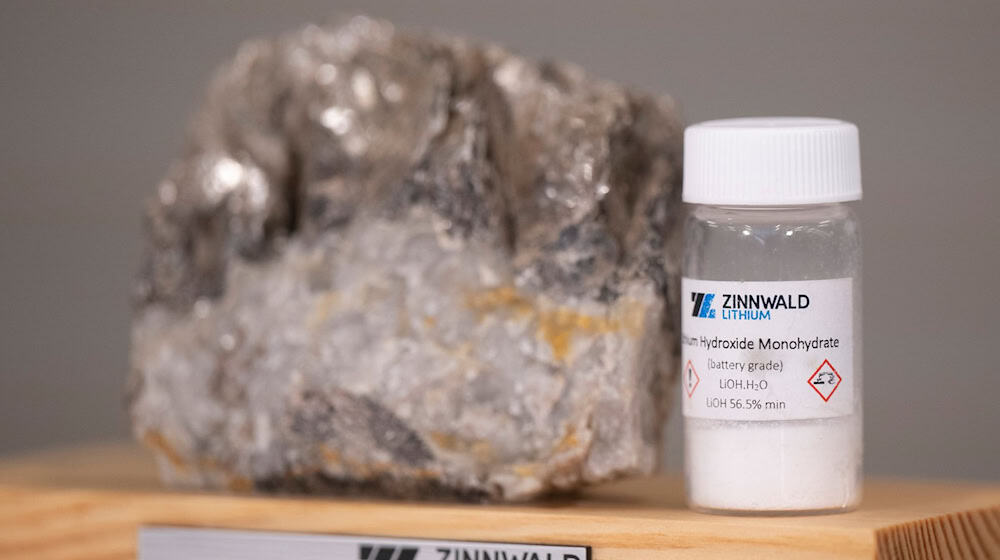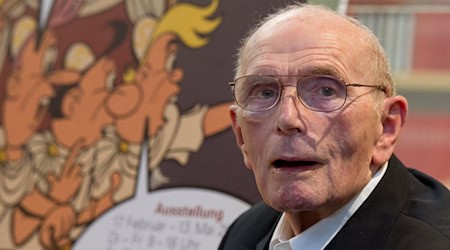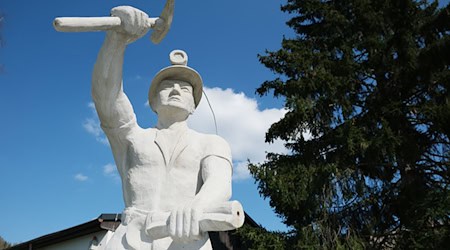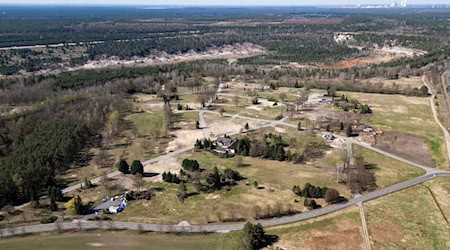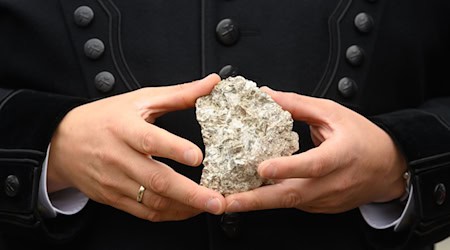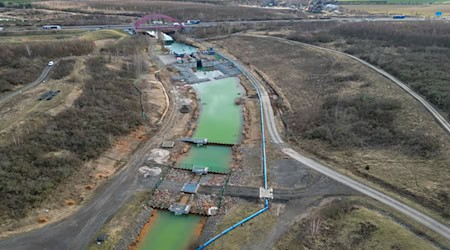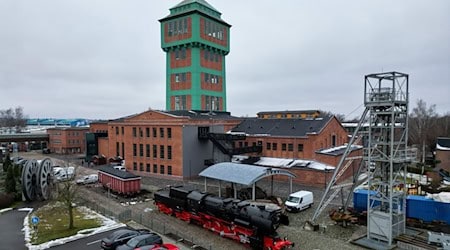The planned lithium mining in Zinnwald (Osterzgebirge) is feasible according to a preliminary study. The project is economically, geologically and ecologically feasible, said Marko Uhlig, Managing Director of Zinnwald Lithium GmbH, summarizing the results of the investigations. The development of the deposit is estimated at one billion euros.
Production targeted for 2030
If everything goes according to plan, construction of the mine could begin in 2028 and production could start two years later, emphasized Uhlig. The company anticipates up to 1,200 direct and indirect jobs, including 300 to 400 in the mine and processing. There are currently 15 permanent employees.
According to Uhlig, the size of the deposit ensures stable production volumes. If 1.6 million tons of ore are extracted per year in the first phase, the mine could be operated for a good 70 years. This would result in the production of 18,000 tons of battery-grade lithium hydroxide per year. If production is expanded to 35,000 tons, the operating life would be 45 years.
Mining to take place at a depth of 100 to 400 meters
According to the managing director, mining is to take place at a depth of 100 to 400 meters and protect the surface. Uhlig described the mining process as "sustainable, low-disturbance and low-risk". Processing is to take place nine kilometers away in Liebenau. From there, a tunnel boring machine will mill its way into the deposit.
60 percent of the 1.6 million tons of ore mined annually will be returned to the mountain after processing to fill the cavities created, said Uhlig. The company is currently investigating whether the remainder - mainly quartz sand - can be used in the construction and cement industry. However, there will not be a complete "zero percent solution".
The managing director expressed his disappointment that the project has not yet been classified as a strategic project despite the new EU Critical Raw Materials Act. However, the company is convinced that it will be able to mine an important deposit and be of interest to investors. Saxony's government is behind the project.
State funding requested for mining
According to Uhlig, the deposit is geologically the largest in Europe and is probably even larger than the one in Serbia. One third is located on German territory, two thirds in the Czech Republic. There are also plans to mine lithium in the Czech Republic, he said. Applications have been made for mining in Zinnwald, but have not yet been approved.
Lithium is considered a key raw material for batteries and therefore for the energy transition. The Zinnwald project aims to make an important contribution to the supply of raw materials in Europe, the company announced. "We are aware of our social, ecological and economic responsibility for the region," said Uhlig.
The company wants to use information events to address the concerns of local residents. A citizens' dialog was planned for Monday afternoon (5 p.m.) in Altenberg.
Copyright 2025, dpa (www.dpa.de). All rights reserved

